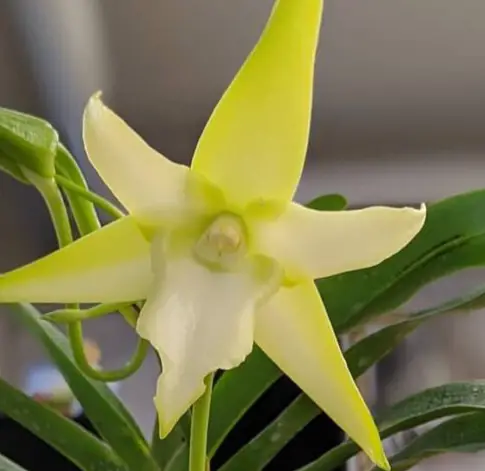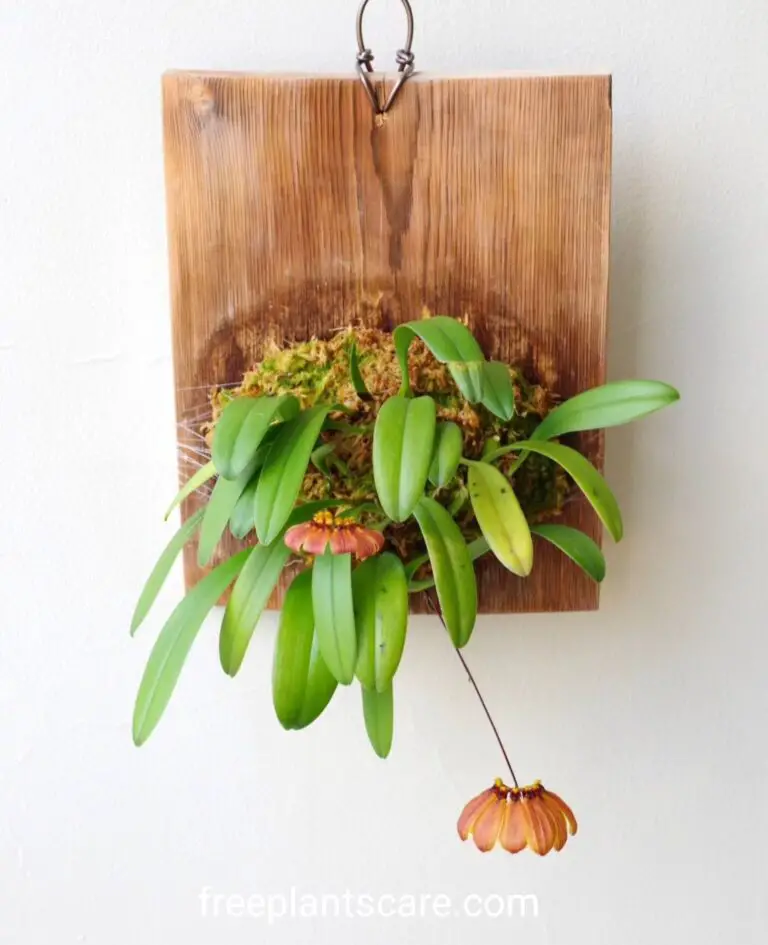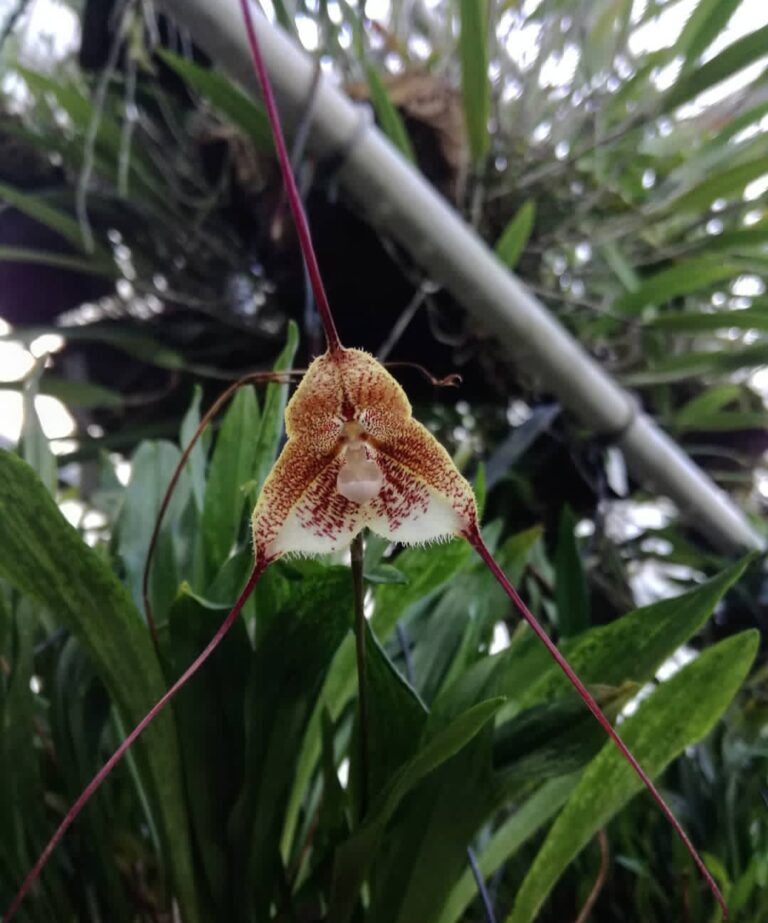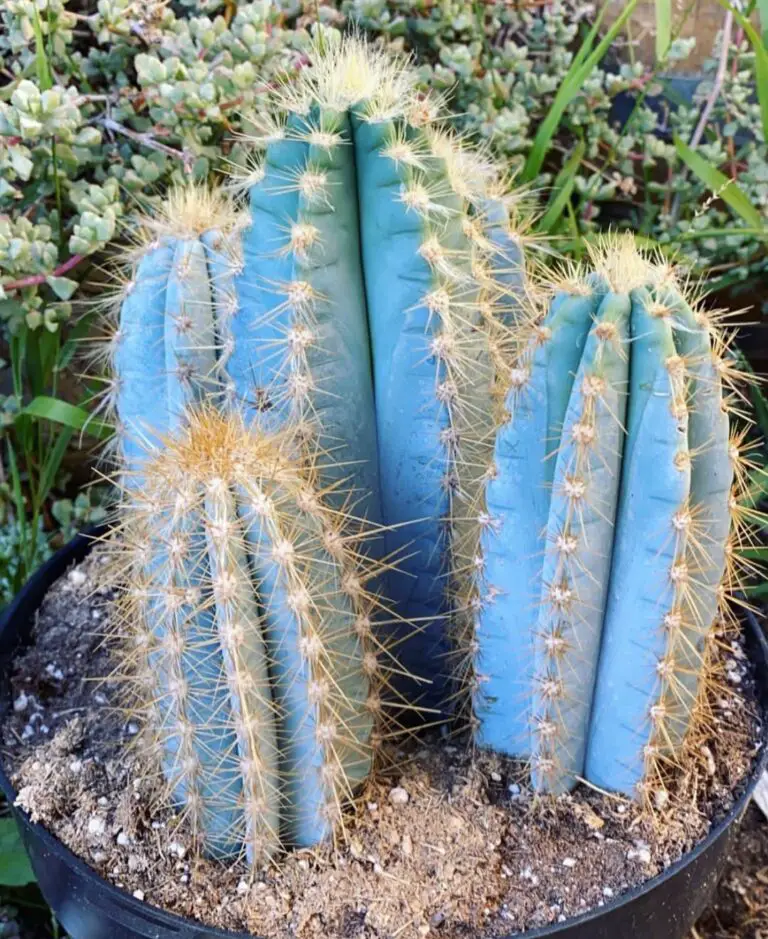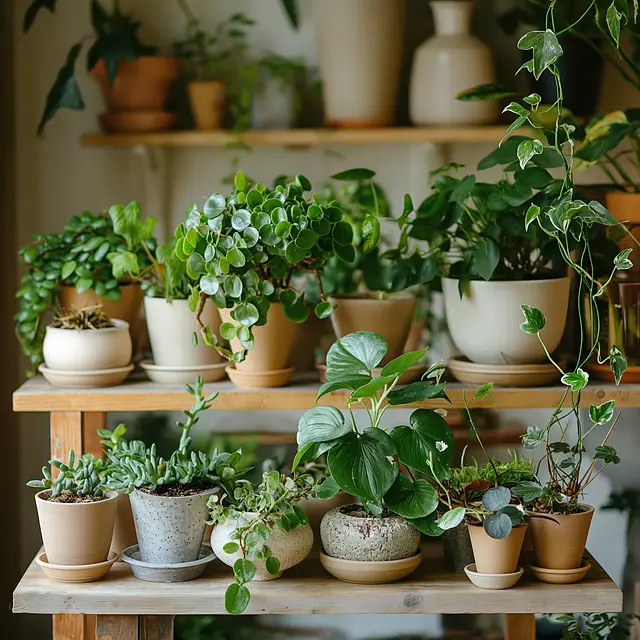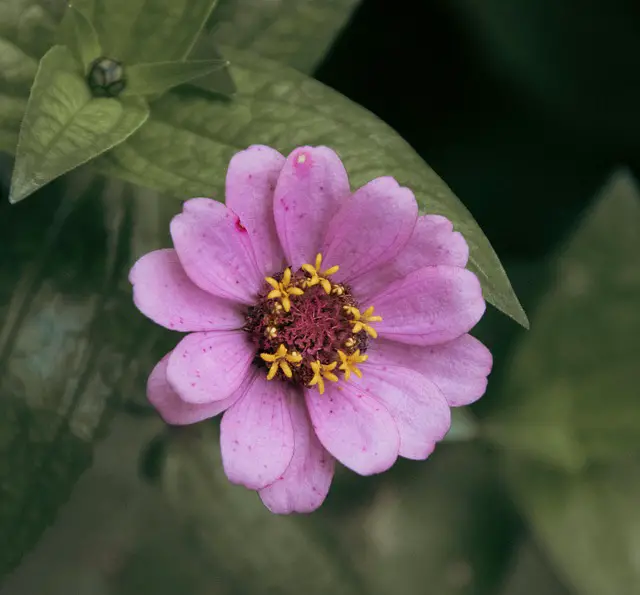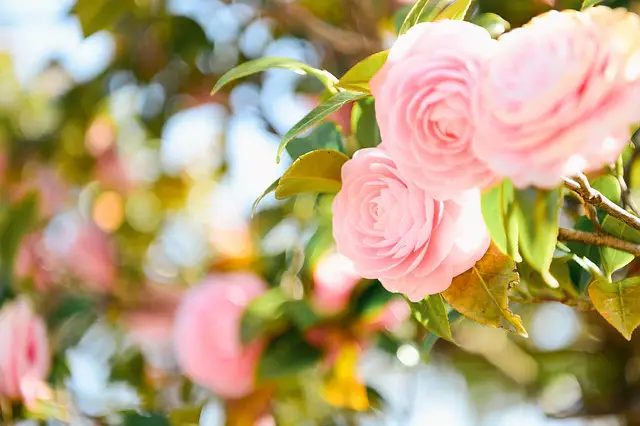Winter Rest One of the most intriguing and exquisite plants to cultivate is the orchid.While many people think of them as tropical blooms, the truth is that orchids come from diverse climates all around the world, and their needs can vary greatly. If you’ve ever wondered whether your orchids need a period of rest during the winter months, you’re not alone.
This guide will answer the key questions about orchid winter rest, explain which types need it, and offer practical tips for orchid care during the colder months. By understanding your orchid’s unique requirements, you’ll help it thrive, potentially yielding stronger blooms and healthier growth over time.
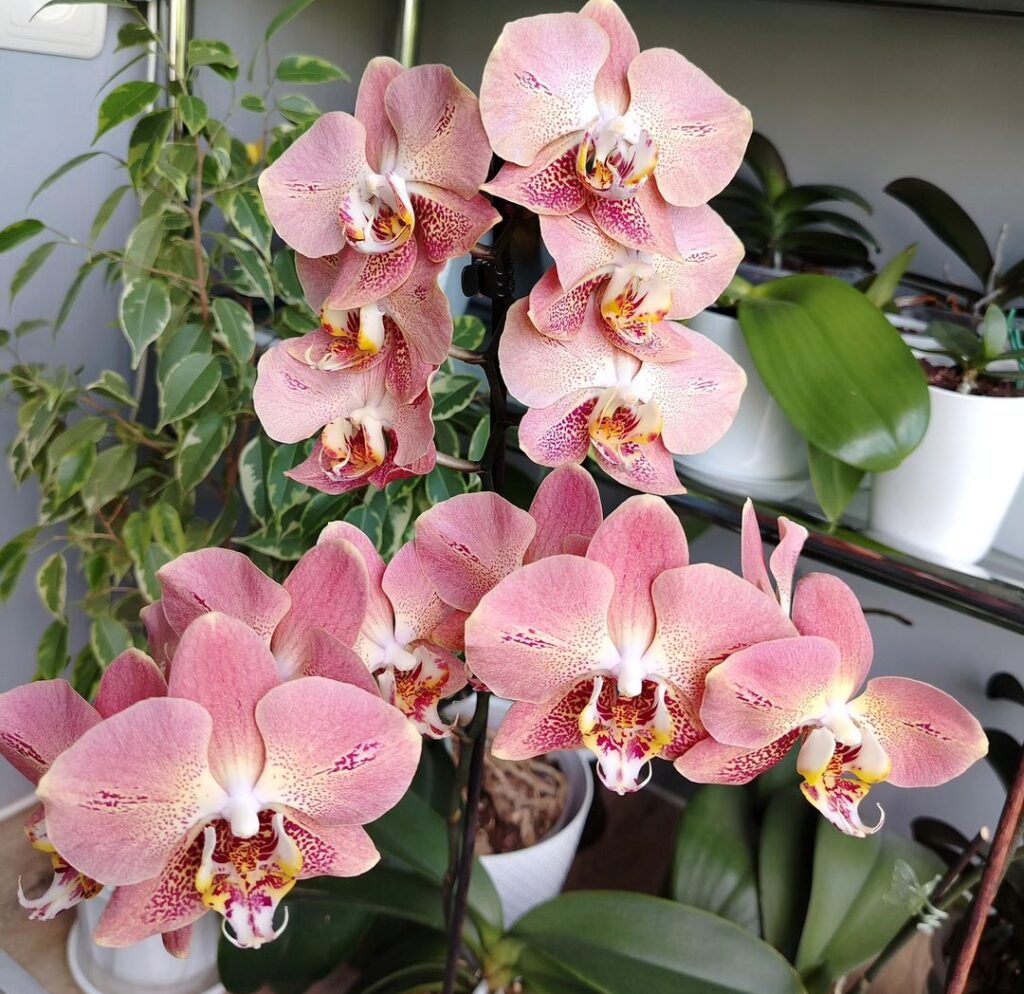
- 1 Why Do Some Orchids Need a Winter Rest?
- 2 Which Types of Orchids Need a Winter Rest?
- 3 How to Care for Orchids During Winter Rest
- 4 Reduce Watering
- 5 Skip the Fertilizer
- 6 Lower Temperatures Gradually
- 7 Adjust Lighting
- 8 Watch Humidity Levels
- 9 Final Thoughts: Listening to Your Orchid’s Needs
- 10 my personal experience with orchids in winter
- 11 FAQS
Why Do Some Orchids Need a Winter Rest?
In the wild, many orchids experience seasonal changes in temperature, light, and humidity, signaling them to go into a period of dormancy or “rest.” This rest period often coincides with winter and serves an important role in their life cycle, helping them conserve energy and preparing them for strong, healthy blooms in the spring.
By mimicking these natural conditions, you can encourage your orchids to follow their natural growth cycle. For many types of orchids, this winter rest leads to more prolific flowering and more robust growth as they enter the spring season. Understanding and honoring this cycle is essential for dedicated orchid enthusiasts looking to maximize the health and beauty of their plants.
Which Types of Orchids Need a Winter Rest?
Not all orchids require a winter rest period, so it’s important to know the needs of your specific variety. Here’s a quick breakdown:
Cymbidium Orchids: These orchids thrive on cooler temperatures and benefit from a drop in temperature at night during winter to encourage flowering. Cymbidiums often bloom more profusely when allowed this cooler period, which mimics the high-altitude, cooler conditions of their native habitats.
Cattleya Orchids: Generally, cattleyas don’t require a full winter rest, but they do benefit from slightly reduced watering and cooler nights in the winter months. This small adjustment helps these orchids conserve energy, enabling them to store more nutrients for spring blooms.
Dendrobium Orchids: Some types, like Dendrobium nobile, need a winter rest with minimal watering and no fertilizer to trigger blooming in spring. This rest period helps nobile types develop their characteristic clusters of flowers along the stems.
Phalaenopsis Orchids: These popular orchids don’t need a winter rest, though they do appreciate slightly cooler nights to stimulate flower spikes. Phalaenopsis orchids often thrive with year-round consistent care, so keeping them indoors at steady temperatures is ideal.
Understanding your orchid type’s specific needs will help you create the right conditions for their seasonal cycle. By catering to each variety’s unique requirements, you’ll see the best results come bloom time.
How to Care for Orchids During Winter Rest
If your orchid needs a winter rest, here are some essential care tips to help it through this period:
Reduce Watering
During winter rest, reduce watering significantly, especially for orchids like Dendrobium and Cattleya. Instead of keeping the soil consistently moist, allow it to dry out almost completely between waterings. However, be careful not to let the orchid get too dry, as this can harm the plant. Monitoring the moisture level is key, and adjusting according to the environment can ensure your orchid stays hydrated without risking over-watering.
Skip the Fertilizer
Winter rest is a time for orchids to conserve energy, so avoid fertilizing them during this period. Fertilizer can encourage growth, which isn’t ideal during rest. You can resume feeding in the spring when growth picks up. Using a balanced, orchid-specific fertilizer during active growth seasons will help your plant thrive without overstimulating it during its dormancy.
Lower Temperatures Gradually
Many orchids respond well to a gradual drop in temperature, especially at night, which signals them to rest. A nighttime temperature drop of about 10 degrees Fahrenheit can be beneficial, especially for Cymbidium and Dendrobium orchids. If possible, move your orchids to a cooler location during the night or open windows slightly to allow for natural cooling, provided they are protected from any extreme cold
Adjust Lighting
While orchids generally need a lot of indirect light, during winter, you can reduce their exposure slightly. If they’re in a spot with strong sunlight, consider moving them to a less intense location. However, ensure they still receive some light daily, as they’ll need it for energy. Adjusting lighting ensures your orchids don’t become stressed from overexposure while still maintaining enough light for photosynthesis
Watch Humidity Levels
Winter often brings dry indoor air, which can stress orchids. If your orchid is in a dry room, consider using a humidity tray or a room humidifier to maintain a comfortable level, ideally between 40-60%. Low humidity can lead to issues such as wrinkled leaves or shriveled pseudobulbs. Maintaining ideal humidity will keep your orchid hydrated and prevent it from experiencing unnecessary stress during its rest period.
Final Thoughts: Listening to Your Orchid’s Needs
Orchids are resilient and adaptive, but they do best when we understand and meet their natural needs. By giving orchids that need winter rest the right conditions, you help them thrive in harmony with their natural rhythms. Observing your orchid’s response to seasonal changes and adjusting your care accordingly can lead to healthier plants and more vibrant blooms.
Orchids may require a bit of specialized care, but their breathtaking flowers make it all worthwhile. Whether your orchid needs a winter rest or not, patience and attention to their unique needs can transform your orchid-growing experience.
my personal experience with orchids in winter
Caring for orchids in winter can be a rewarding experience, but it does come with unique challenges. I’ve found that maintaining a stable indoor environment with proper humidity and temperature is crucial, as orchids are sensitive to cold and dry air. To keep mine healthy, I place them away from draughty windows and heating vents, as sudden temperature changes can stress the plants.
I also lightly mist them to help combat the dryness from indoor heating but am careful to avoid water sitting on the leaves or roots, which can lead to rot. Reducing watering frequency during winter has helped, as orchids generally require less hydration in cooler months. This winter care routine has kept my orchids thriving, with vibrant blooms that bring warmth and beauty into my home. Happy orchids
FAQS
What if my orchid doesn’t bloom after winter?
If your orchid doesn’t bloom immediately after winter rest, don’t panic! Some orchids may need a few seasonal cycles before they bloom. Make sure you’re meeting all their specific care needs, and they should eventually reward you with flowers. Sometimes environmental adjustments, like an increase in light or minor temperature changes, can make a big difference in encouraging blooms.
How do I know if I’m under-watering or over-watering?
During winter rest, it’s easy to under or over-water, as orchids require less water but can still dry out. A good rule is to check the potting medium. If it feels dry to the touch but hasn’t fully dried out, it’s time to water. Keep an eye on your orchid’s roots—if they appear shriveled, they may need more moisture. Properly hydrated roots should appear plump and green, which indicates a healthy balance.
Can I force my orchid into winter rest if it’s not naturally required?
Forcing an orchid into rest when it doesn’t naturally require it can do more harm than good.Observe your orchid variety’s requirements. . If your orchid is not one that requires a winter rest, like Phalaenopsis, continue with its usual care routine. Altering its routine unnecessarily could disrupt its growth cycle and negatively impact its blooming potential.


